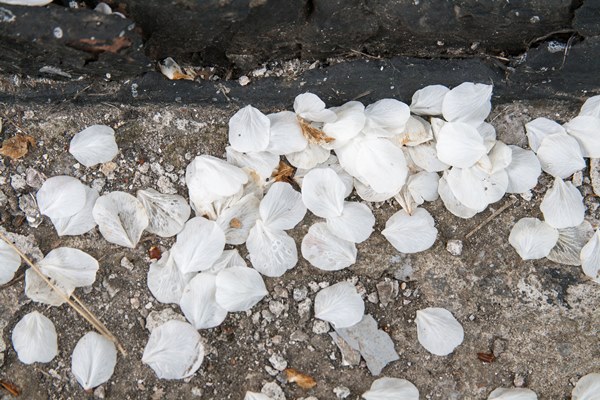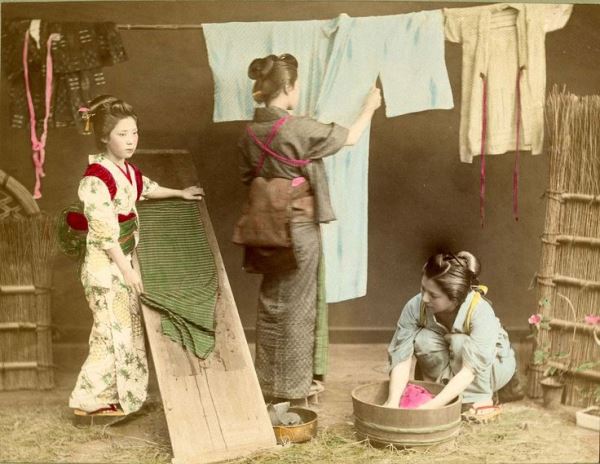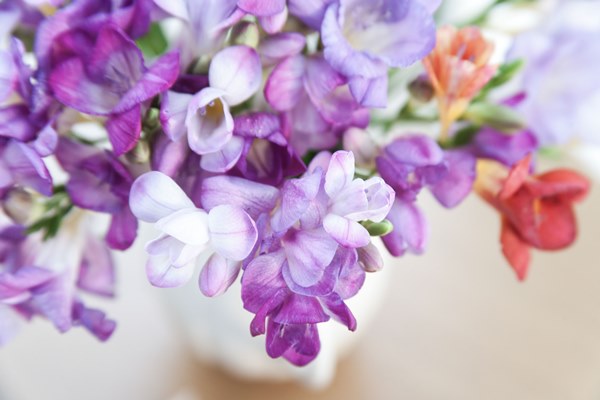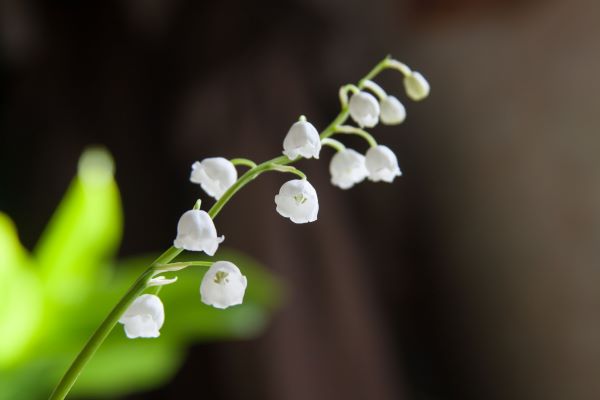Make Time for Yourself and Banish Guilt
If a person with children and living in an extended family were to write my article How to Handle Self-Isolation and Not Lose One’s Mind, they would instead title it How to Survive Quarantine and Not Kill One’s Family. Then again, they probably wouldn’t even write it, because they would be too busy being a career professional, cook, cleaner, and school teacher. All of this in addition to the general anxiety. Since most of the household responsibilities fall on the shoulders of women, many of my female friends are finding this period of confinement stressful. Whether they live in New York, Tehran or Kyiv, the problems are the same–they are under pressure from their employers, schools and their families.

Far more qualified people than me can give advice on how to manage home schooling, household responsibilities and children. On these pages I can only provide comfort, distraction, and a reminder that taking a moment out of a day for oneself is crucial. And that such moments shouldn’t be tainted by guilt.




















Aurora in Recommend Me a Perfume : April 2024: I don’t think they differ widely in scent, the EDT is punchier and a bit brighter in the top notes and the EDP clings more to the skin and lasts… April 26, 2024 at 2:27pm